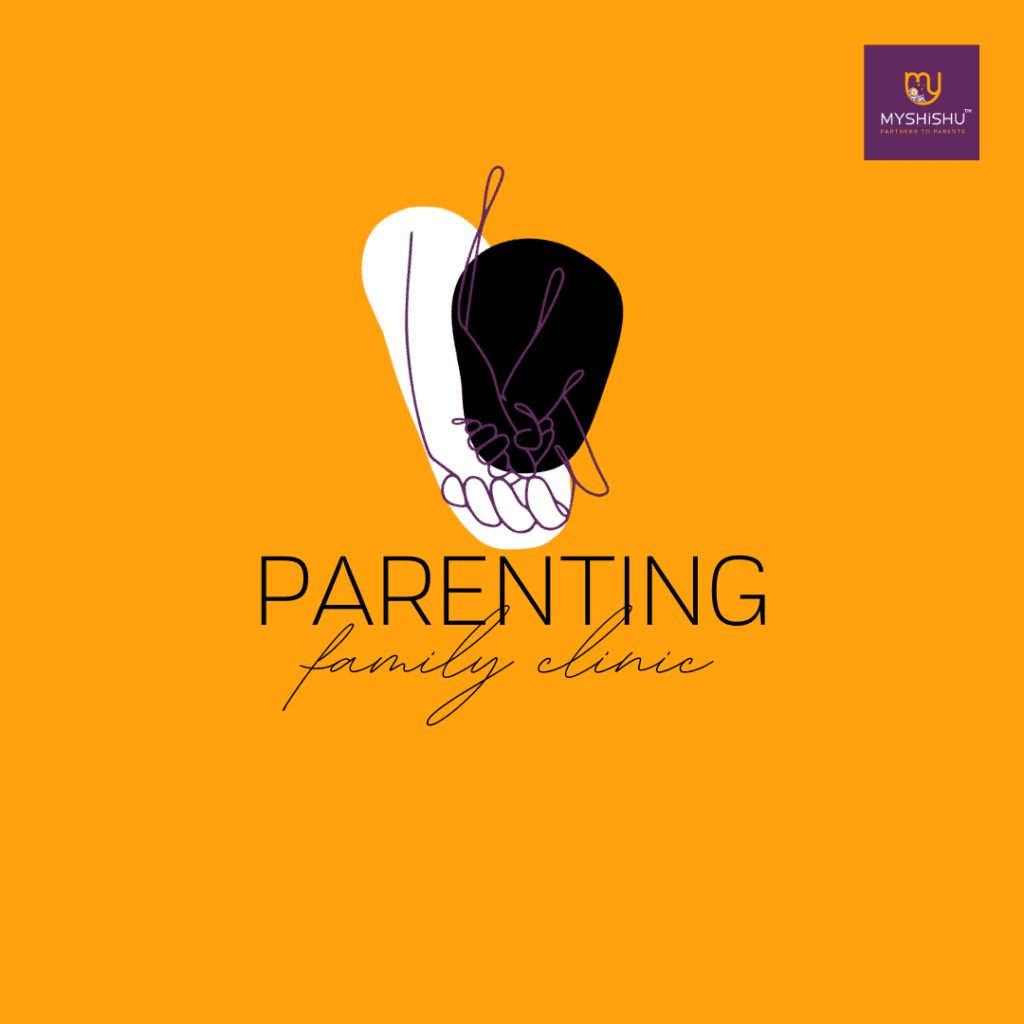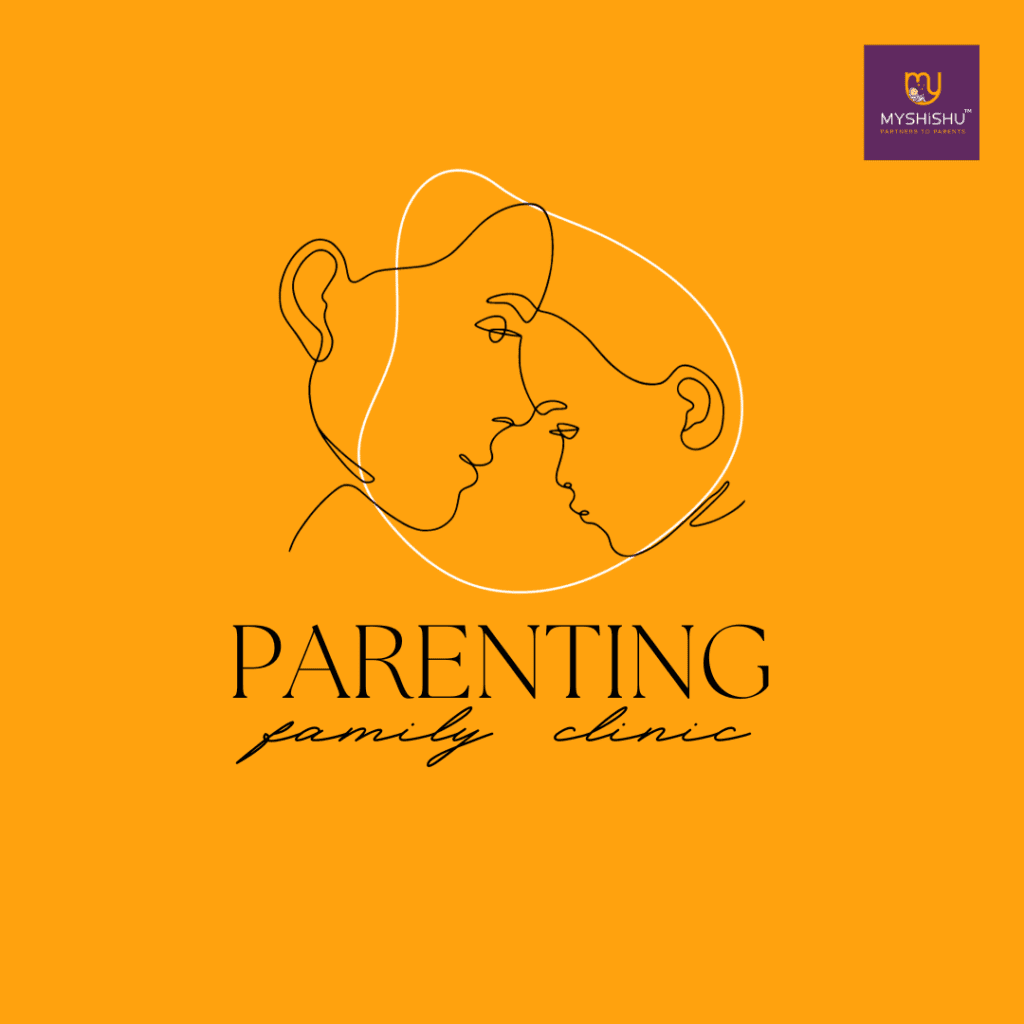What is Potty Training?
What is Potty Training?
Introducing your child to the world of potty training is like guiding them through a maze of milestones, each turn representing a step closer to the realm of independence. While age is often considered a marker, the true compass for success lies in recognizing your child’s unique cues—physical, developmental, and behavioral.
Table of Contents
Understanding Potty training
Potty training stands as a significant developmental milestone, marking a transition from diapers to independent toilet use for young children. Unlike a one-size-fits-all approach based on age, success in potty training hinges on recognizing the child’s physical, developmental, and behavioral cues.

The American Academy of Pediatrics recommends commencing potty training between 18 and 24 months, highlighting the importance of readiness over adherence to a predetermined timeline. Signs of readiness include the ability to use a toilet, manage clothing, stay dry for extended periods, follow instructions, communicate toileting needs, and show interest in “big-kid” underwear.
Effective potty training strategies involve thoughtful planning during periods of consistent attention. This includes choosing words carefully, preparing necessary equipment, encouraging initial attempts with clothes on, and scheduling regular potty breaks.
1. Timing is Key: Potty training is a personalized journey that unfolds at its own pace. Observing your child’s readiness signs and choosing an appropriate time, when both you and your child can focus on the process, is crucial. Avoid starting during major life changes or stressful periods.
2. The Power of Positive Reinforcement: Celebrate each successful step in the journey. Positive reinforcement, such as verbal praise, a small reward, or a special activity, can motivate your child and make the experience more enjoyable.
3. The Right Equipment Matters: Creating a comfortable and child-friendly environment is essential. Invest in a child-sized potty chair or a seat reducer for the regular toilet to provide a sense of security and independence.

4. Establishing Routine and Consistency: Routine is the cornerstone of successful potty training. Set regular times for potty breaks, such as after meals or before bedtime. Consistency helps your child predict and adapt to the new routine.
5. Encouraging Independence: Foster independence by allowing your child to participate in the process. Teach them to flush the toilet, wash their hands, and manage clothing. These small tasks contribute to their growing sense of autonomy.
6. Handling Setbacks with Grace: Potty training is marked by both successes and setbacks. Accidents are a natural part of the learning curve. Respond with patience and understanding, refraining from punishment.
In conclusion, potty training is a personalized journey that demands understanding, support, and consistency. Embrace the process with patience and encouragement, recognizing the uniqueness of each child’s timeline.
Riddles and Quiz: Potty Training
- What has a seat but can’t sit?
- Answer: A toilet!
- What comes once in a minute, twice in a moment, but never in a thousand years?
- Answer: The letter ‘M.’
- I speak without a mouth and hear without ears. I have no body, but I come alive with the wind. What am I?
- Answer: An echo.
- The more you take, the more you leave behind. What am I?
- Answer: Footsteps.
Remember, just as solving riddles takes a little thought, so does the journey of potty training. Enjoy the adventure!
“Babies are always more trouble than you thought and more wonderful.”
—Charles Osgood
Celebrate each step of your child’s journey and remember that parenting is an ever-evolving adventure. Stay tuned for more insightful blogs from MyShishu!
Explore our range of courses on new-age parenting at New-Age Parenting | Modern Parenting Styles | MYSHISHU.
For additional parenting insights and valuable information, check out our blog “Cry, Feeding and Weaning of Newborn Baby” at Cry, Feeding and Weaning of Newborn Baby – MyShishu.
Hope you’ve enjoyed the blog “What is Potty Training?”. Happy Parenting!











